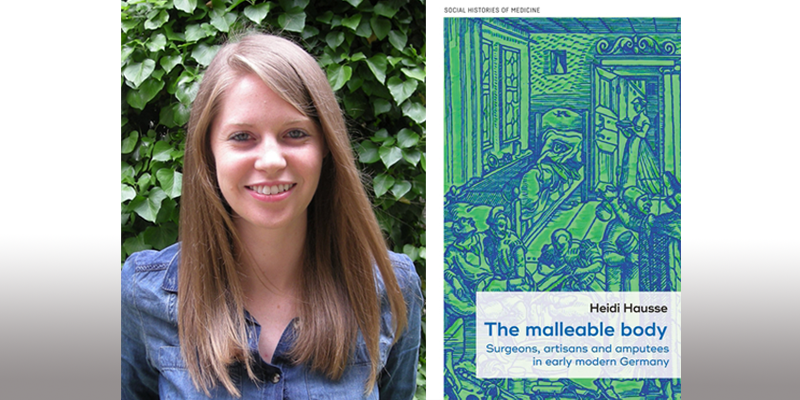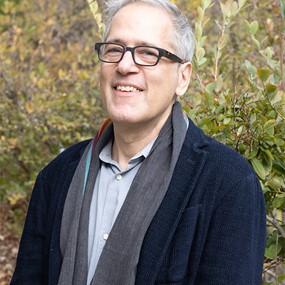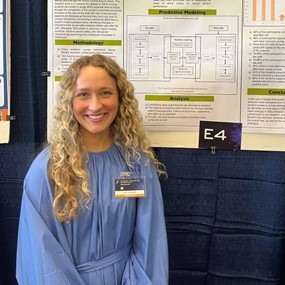‘The Malleable Body’ explains how art, medicine paved way for prosthetic technology

Assistant Professor of History Heidi Hausse’s new book, “The Malleable Body: Surgeons, Artisans, and Amputees in Early Modern Germany,” explores the intersection of culture, medicine and technology in sixteenth-century prostheses.
The book uses amputation and prostheses to tell a new story about medicine and embodied knowledge-making in early modern Europe. It draws on the writings of craft surgeons and learned physicians to follow the heated debates that arose from changing practices of removing limbs, uncovering tense moments in which decisions to operate were made. Importantly, it teases out surgeons' ideas about the body embedded in their technical instructions.
This unique study also explores the material culture of mechanical hands that amputees commissioned locksmiths, clockmakers and other artisans to create, revealing their roles in developing a new prosthetic technology.
Hausse hopes readers see the connections between the past and their own ideas about medicine in the present. She argues that out of more than two centuries of surgical and artisanal interventions emerged a growing perception, fundamental to biomedicine today, that humans could alter the body - that it was malleable.
“The Malleable Body” was published in 2023 by Manchester University Press. For more information and to buy the book, visit the publisher’s website.






